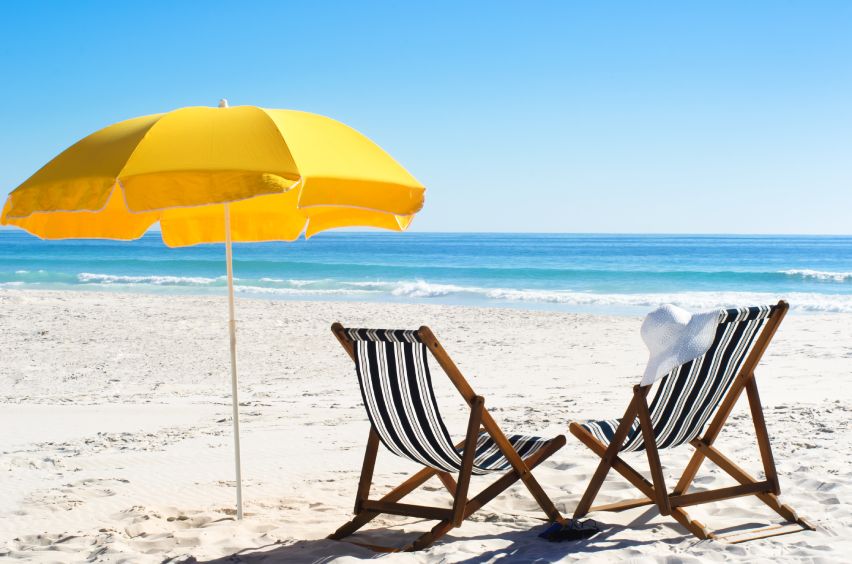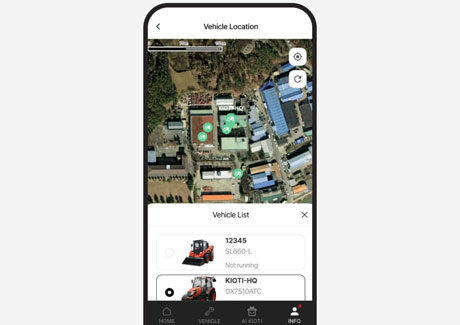Talk Less, Sell More; Beachside Sales Training

Talk less, sell more. That basic lesson didn’t come from a sales guru or thought leader, and it wasn’t delivered at a conference. It came in the Caribbean. On the beach. With Mario the souvenir seller as my sales trainer.
Anywhere tourists congregate, of course, so will people hawking their “local” trinkets, many of which are no doubt made thousands of miles away.
At this one particular Caribbean resort hotel my wife and I stayed at, the hotel grounds were typically off limits to the trinket purveyors. But once you strayed a couple of feet from there, such as when you wanted to access the public beach, you were fair game.
“Pick me!”
And the game is actually pretty simple. Anywhere from a couple, to a couple dozen, people practically thrust their products in your face, while telling you in an animated voice how their beaded necklaces and handmade bracelets are better – and a better value – than the seemingly identical ones belonging to the person next to them.
Come to think of it, that’s really not very different from the methods many professional salespeople use with their prospects and customers, even if we would like to think of ourselves as more sophisticated.
Mostly though, it’s just the same, basic, let-me-tell-you-all-the-reasons-why-you-should-pick-me kind of strategy, if you can call it a strategy.
Showing Up Differently
Anyway, after we ran the gauntlet on our first trip to the public beach, we saw a guy standing next to a souvenir stand near some hammocks you could rent in the shadow of some shade-giving palm trees.
He greeted us, introduced himself, and then began a series of questions in an attempt to get to know us. Where were we from? Had we been to his island nation before? How long were we staying? What kinds of things do we like to do on vacation? And so on.
At no time during this initial encounter did Mario attempt to sell us anything.
The next day we went back and found he had held a couple of hammocks for us. He greeted us by name, asked where we went out to eat the night before and recommended a nearby restaurant that he said features the freshest fish on the island.
Again, no overt attempt to sell us, even though he was standing next to a wall of stuff for sale.
Trusted Adviser
We stayed at the hotel the following day, but went back again to Mario’s beach spot the fourth day we were there. Taking note during our original conversation that we liked to snorkel, he said a friend of his had a catamaran and would be taking a few people out to a small, nearby island for lunch and a swim, and we could join.
The price was very reasonable, the crew was friendly and relaxed, and we had a great day visiting a spot we likely would have never found on our own.
Maybe the excursion put a few bucks in Mario’s pocket from his friend, maybe it didn’t. The point for us is that he provided value beyond his real reason for being, and that is selling souvenirs to tourists.
How often do you look for ways to consult, to be a trusted adviser, impart your local wisdom and knowledge, and provide value to your prospects and customers, even if it doesn’t directly put money in your pocket at the time?
Let’s Do Business
On Friday, our fifth day on the island, we actually left the hotel property specifically to see Mario. We felt like we knew him. We certainly liked him. And we totally trusted him. And guess what? That meant we were ready to do business with him.
So we told him about the type of jewelry our daughter liked, he suggested some age-appropriate souvenirs for our son and asked my wife some questions.
Later on that morning, he had someone watch his stand for him, and he disappeared for a while. When he came back, he was carrying a canvas bag that was filled with much higher quality gift items than any we had seen so far.
And we bought. Much more than we ever would have from those low-level sellers who hounded everyone with the same repetitive, cursory sales pitch.
Mario didn’t make the sales process about him…and his products and solutions…i.e., souvenirs.
He knows instinctively, from years of standing on the beach, it’s pretty tough to stand out when you and your competition are all saying the same thing!
Mario also wasn’t trying to be the hero of his own story. Instead, he wants his customers to be.
He simply wanted to come alongside us as a mentor, giving us the help, the guidance and the tools so that we could be successful on our grand journey.
In this case, the “grand journey” was simply having a good time on his island for a week. And in the end, we left with some things to remind us of the experience.
Yes, business was transacted, a fair amount in fact, but it wasn’t the focal point of the process all the time leading up to that.
Studies show 85% of our learning is derived from listening. You might need to remind the average American salesperson of that, but you don’t need to tell Mario that. He is a master of listening, and learning, and realizes that needs to precede any actual selling.

Beach-side Best Practices
So let’s summarize what Mario taught me, and what lessons we can all learn from him.
- Talk less, sell more.
- Become someone people know, like and trust, because that’s who we do business with.
- Make sure your sales and marketing messaging is relevant to your customers and prospects.
- Always be customer-centric; it’s about them, not you.
- Demonstrate value, even when it doesn’t directly involve a transaction or put money in your pocket.
- Show up differently to create a competitive advantage.
The first time Mario met with us he immediately began looking for ways to make an emotional connection with us. He knows well the concept of having to make “a sale before the sale,” even if he wouldn’t have the language for that.
He also knows people are powered by emotion, not by reason. And that every single decision we make is driven by emotion.
With all of our sales training and education and experience, how well do we put these things into action? Are we as effective as Mario at simply getting to understand our prospects and customers before we try to do a transaction with them?
As I write this, the sun is shining and the temperature on the other side of my office window is 0°… so I can’t wait to go back to the Caribbean, pay a visit to Mario, and conduct some more sales training research.


